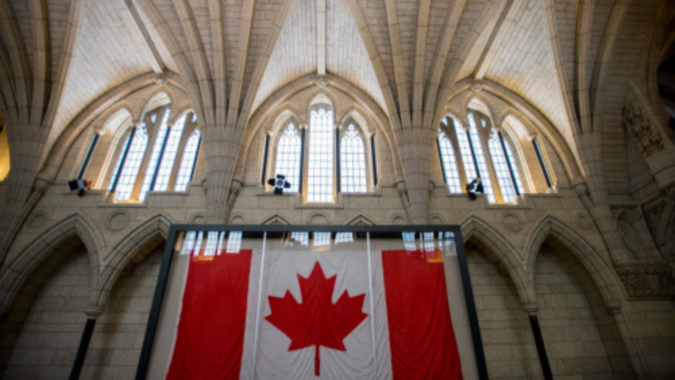OTTAWA: Canada’s annual inflation rate slowed to 4.3% in March, matching expectations, as a fall in energy prices helped to keep the consumer price index in check despite a record rise in mortgage costs, Statistics Canada data showed on Tuesday.
Analysts polled by Reuters had expected annual inflation to drop to 4.3% from 5.2% in February. Month-over-month, the consumer price index was up 0.5%, again matching forecasts.
Prices of store-bought food also slowed to 9.7% in March, falling below 10% for the first time in eight months. Excluding food and energy, prices rose 4.5% compared with a rise of 4.8% in February.
The annual inflation rate, at the lowest level in 19 months, was also moving largely in line with the Bank of Canada’s expectations that it would drop to around 3% by mid-2023.
Last week, the bank projected that inflation would cool to about 3% by mid-2023, but the decline toward the bank’s 2% target would be more gradual than previously forecast due to stickier services prices.
Services prices rose 5.1% annually in March, while the price of goods increased by 3.6%, Statscan data showed.
The March inflation reading, which benefited from a comparison to last year’s strong price increase, is still more than double the Bank of Canada’s (BOC) 2% target.
The average of two of the BOC’s core measures of underlying inflation, CPI-median and CPI-trim, came in at 4.5% compared with 4.9% in February.
Mortgage interest costs surged 26.4% in March, the largest yearly increase on record as Canadians continued to renew and initiate mortgages at higher interest rates, Statscan said.
Analysts polled by Reuters had expected annual inflation to drop to 4.3% from 5.2% in February. Month-over-month, the consumer price index was up 0.5%, again matching forecasts.
Prices of store-bought food also slowed to 9.7% in March, falling below 10% for the first time in eight months. Excluding food and energy, prices rose 4.5% compared with a rise of 4.8% in February.
The annual inflation rate, at the lowest level in 19 months, was also moving largely in line with the Bank of Canada’s expectations that it would drop to around 3% by mid-2023.
Last week, the bank projected that inflation would cool to about 3% by mid-2023, but the decline toward the bank’s 2% target would be more gradual than previously forecast due to stickier services prices.
Services prices rose 5.1% annually in March, while the price of goods increased by 3.6%, Statscan data showed.
The March inflation reading, which benefited from a comparison to last year’s strong price increase, is still more than double the Bank of Canada’s (BOC) 2% target.
The average of two of the BOC’s core measures of underlying inflation, CPI-median and CPI-trim, came in at 4.5% compared with 4.9% in February.
Mortgage interest costs surged 26.4% in March, the largest yearly increase on record as Canadians continued to renew and initiate mortgages at higher interest rates, Statscan said.
